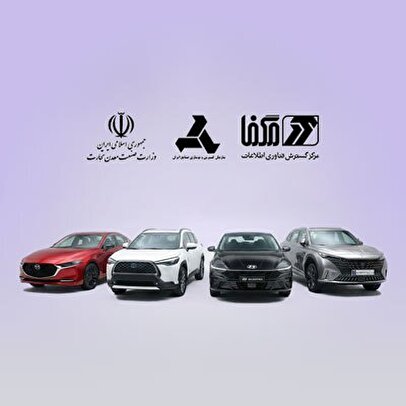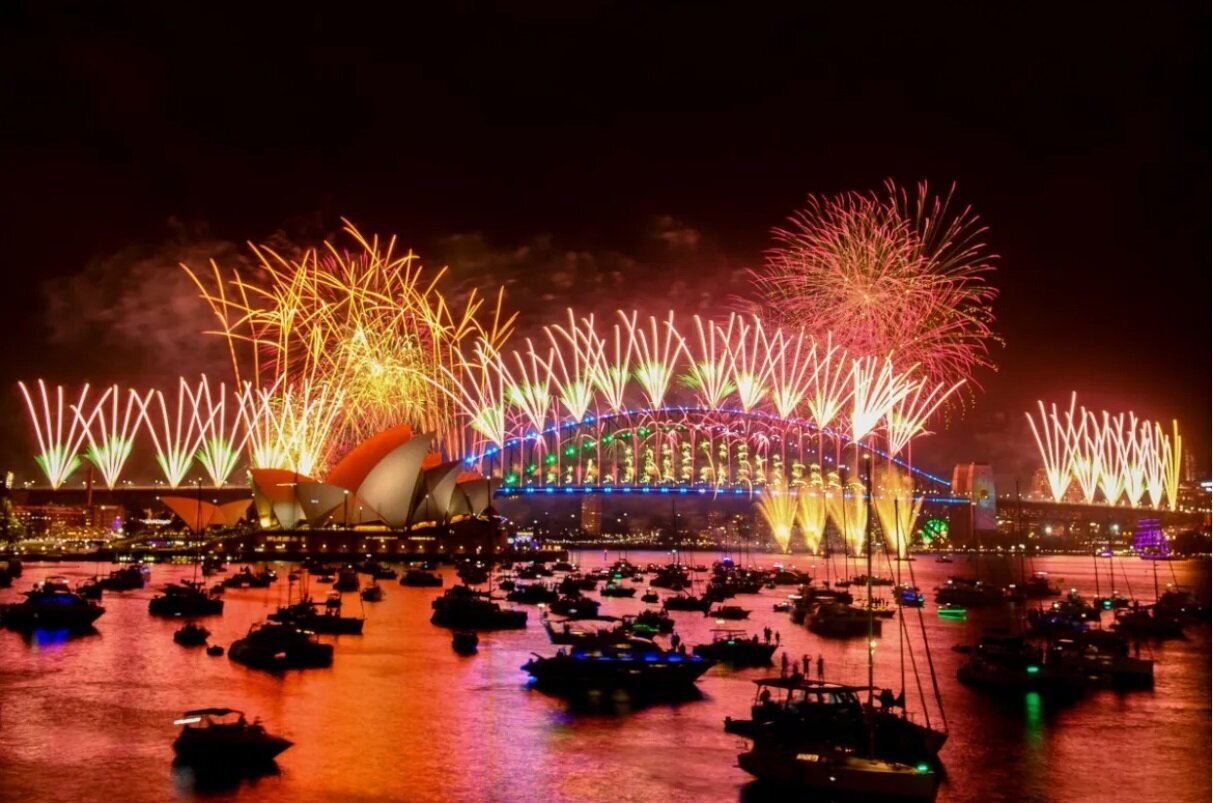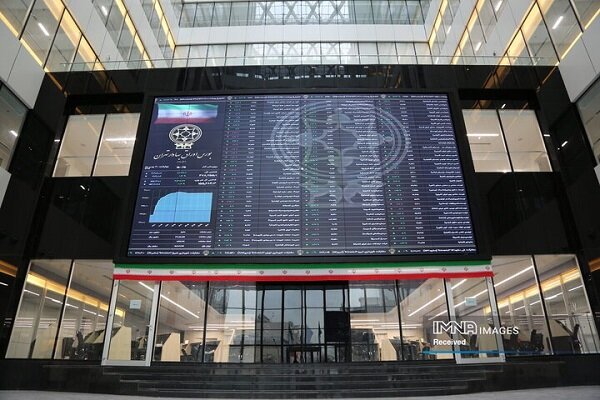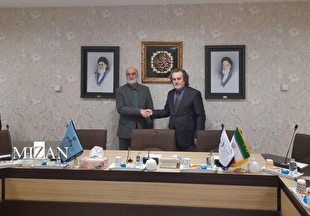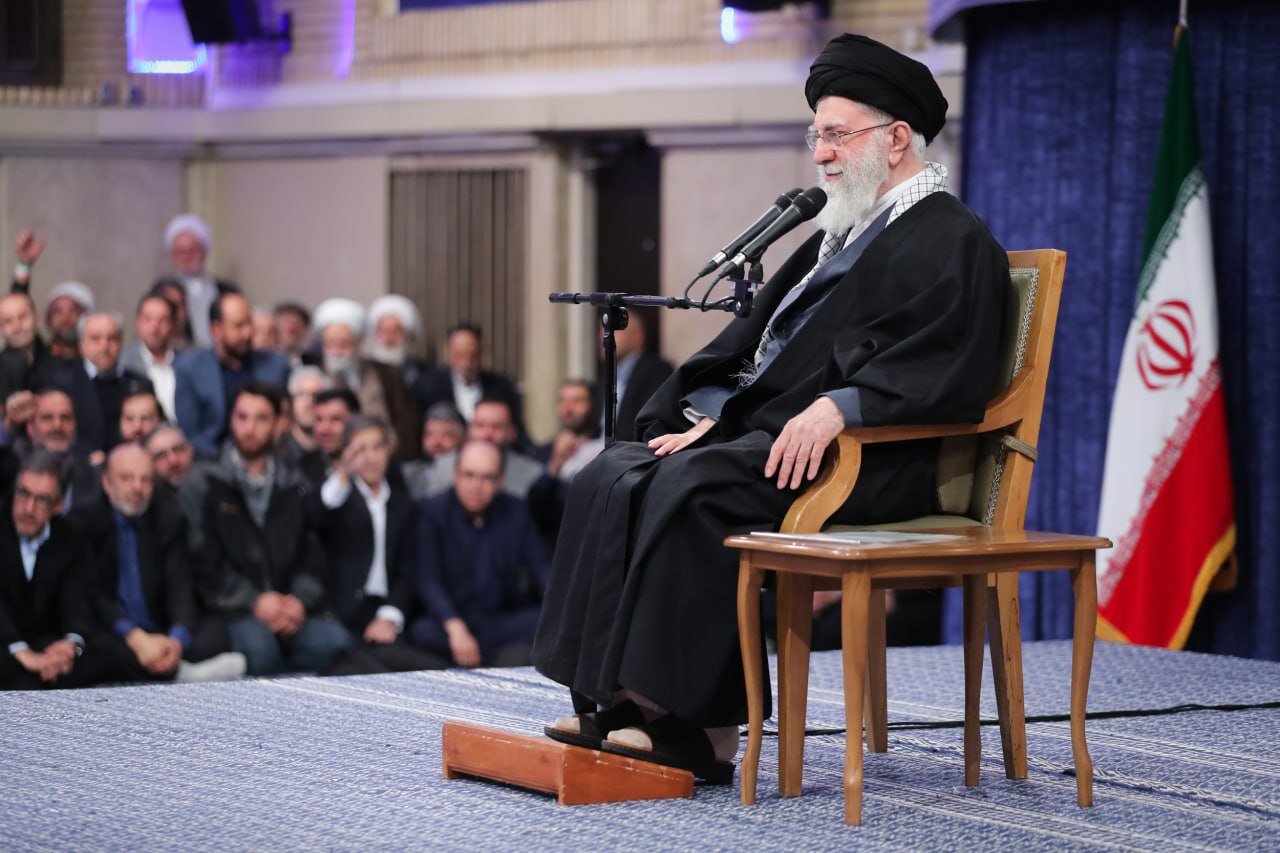For Palestinian prisoners trapped in Israel's gulag, lawyer visits are a lifeline
For Palestinian prisoners trapped in Israel's gulag, lawyer visits are a lifeline

“Between the handcuffs and the darkness: a moment of breath in a meeting with my lawyer.” This is how a Palestinian detainee, who I’ll refer to as RZ, titled a letter expressing the significance of my visit to him in Ofer military prison.
RZ, who has since been released, was completely cut off from the world while in prison. He experienced severe torture for months after Israeli forces arrested him from Gaza.
He knew nothing about where he was imprisoned, why, or until when. He had no information on his family; his brother, who was arrested alongside him, was imprisoned in a different wing of the facility.
They had originally been held at the notorious Sde Teiman detention centre, but after I submitted a request to visit them both there, they were swiftly transferred to Ofer - a tactic that I think aimed to delay my visit and prevent an outside lawyer from seeing the horrific violations at Sde Teiman.
RZ’s letter exposes his ordeal in great detail.
“I was just a new number in the arrest books - a number who is dragged blindfolded into the darkness of the unknown, forgotten in Sde Teiman,” he wrote, adding that the infamous prison “swallowed me up for three whole months, during which there was neither day nor night, but an ongoing series of torture and restrictions, shouting, kicking and beating, during which we were isolated from any information or whisper that calmed the heart.
“We were suspended between earth and heaven, not knowing if Gaza was still strong, if our children were still alive or had been swallowed up under the rubble.”
'A piece of something forgotten'
Following the move to Ofer, RZ said he experienced the same oppression and torture. Then one day, he recalled being dragged out “like a piece of something forgotten” - handcuffed, blindfolded and shackled - across a sharp floor covered with small stones.
For hours, “I was forced to sit in a kneeling position, my back sighing in pain, my chest suffocating. My thoughts were running in a cloud of fear: will I be taken for another round of interrogations? For another torture ‘party’?” RZ recalled. “Or am I being transferred to an unknown place?”
Eventually, Israeli authorities brought him to a small room and removed his blindfold. In front of him sat two women: myself and my colleague from the Public Committee Against Torture in Israel.
“My heart hesitated: are these two interrogators dressed in different clothes?” RZ recalled thinking as he entered the room.
'I felt that I was still a human being, I had a family, I had a case, I had a homeland that was being slaughtered and is burning, but is not dead'
- RZ, Palestinian detainee
But after I introduced myself as an attorney, he says he began to feel a glimmer of hope.
“I was quiet, nervous, staring at her with tired eyes,” he noted. “But I felt that the fence of doubt had crumbled. I didn’t see her as a stranger anymore, but like a flash of light in the middle of the whole dark night. A kind of cold water pouring on my thirsty spirits.”
I’ll never forget RZ’s gaze when he saw us behind the hard plastic partition that divided the room; he looked at us as if we had fallen from the sky. We would later learn that he had been totally isolated since the moment of his arrest.
I explained that I had been given power of attorney by his family, and showed him a document with his wife’s signature. It seemed to win his trust, as he began opening his heart, pouring out details of the harassment, inhumane treatment, and torturous living conditions to which he’d been subjected.
I explained his legal status as a detainee under Israel’s Unlawful Combatants Law (UCL) and provided advice. The UCL is a cruel legal tool used to hold Palestinians from Gaza in administrative detention, without charge or trial, for extendable periods of six months. Since 7 October 2023, Israel has arrested more than 4,000 people under the UCL.
Truth breaking through
After visiting RZ that day, I left the prison hoping that our conversation restored some of his crushed humanity. It gave him the legitimacy to speak up and share his testimony, exposing what he endured, and it offered an opportunity for legal follow-up.
RZ’s words emphasise this clearly: “Forty-five minutes, no more. But it was a lifeline for me,” he said of our meeting. “This is the moment when I regained my humanity that the guards were trying to bury. I felt that I was still a human being, I had a family, I had a case, I had a homeland that was being slaughtered and is burning, but is not dead.”
RZ was released from prison after a year, but his brother remains jailed, still unaware of the magnitude of the tragedy that has occurred in Gaza.
“He does not know that our mother and sisters and brothers and their sons were killed under the rubble; and that our houses have been wiped out, flattened to the ground; and that today, we are moving from one tent to another in a homeland of which there is nothing left but dust,” RZ wrote.
He stressed again how important our visit had been to him, calling it “proof that the truth can break through the thick walls of Ofer prison, and that a human’s voice can overcome the silence enforced by the guards”.
These words highlight how the dehumanisation of detainees is used as part of a regime of emotional torture, isolating them from the world and from any information about their families.
Lawyer’s visits have an added value, providing a form of external observation and legal review. Many other humanitarian and rights advocates are still barred from visiting Israel’s prisons, and according to testimonies we collected, judges often meet detainees through a mobile phone screen. These interactions last perhaps a minute, resulting in another extension of their detention, with no attempt to check on their well-being.
Lawyers are thus the only real human beings who detainees are able to meet. Any delay or cancellation of these meetings serves the same policy that seeks to erase prisoners’ humanity and conceal systematic abuses. It’s no coincidence that most of the detainees said I was the first “human” - as differentiated from “person” - to see them since they were jailed.
The views expressed in this article belong to the author and do not necessarily reflect the editorial policy of Middle East Eye.




